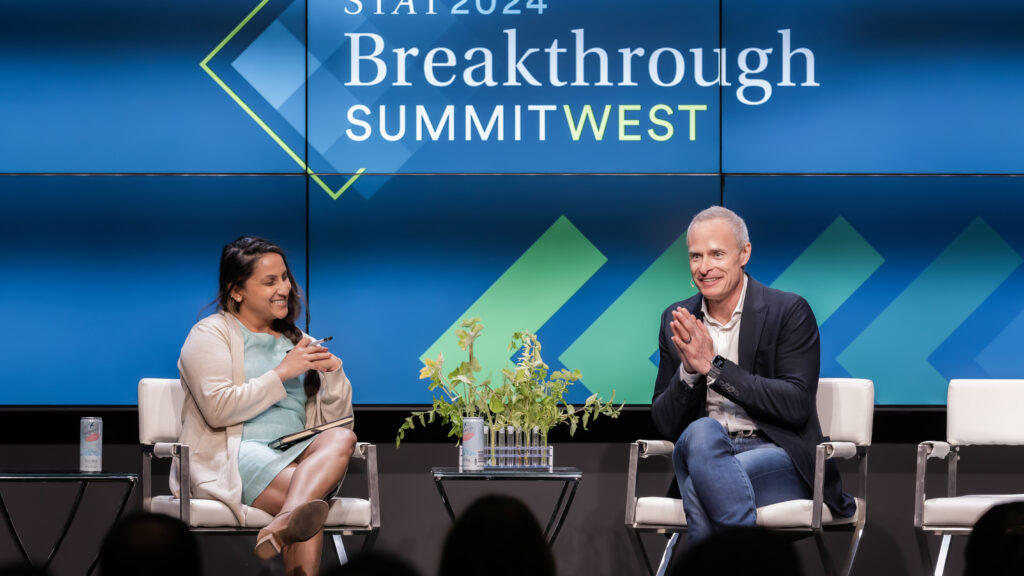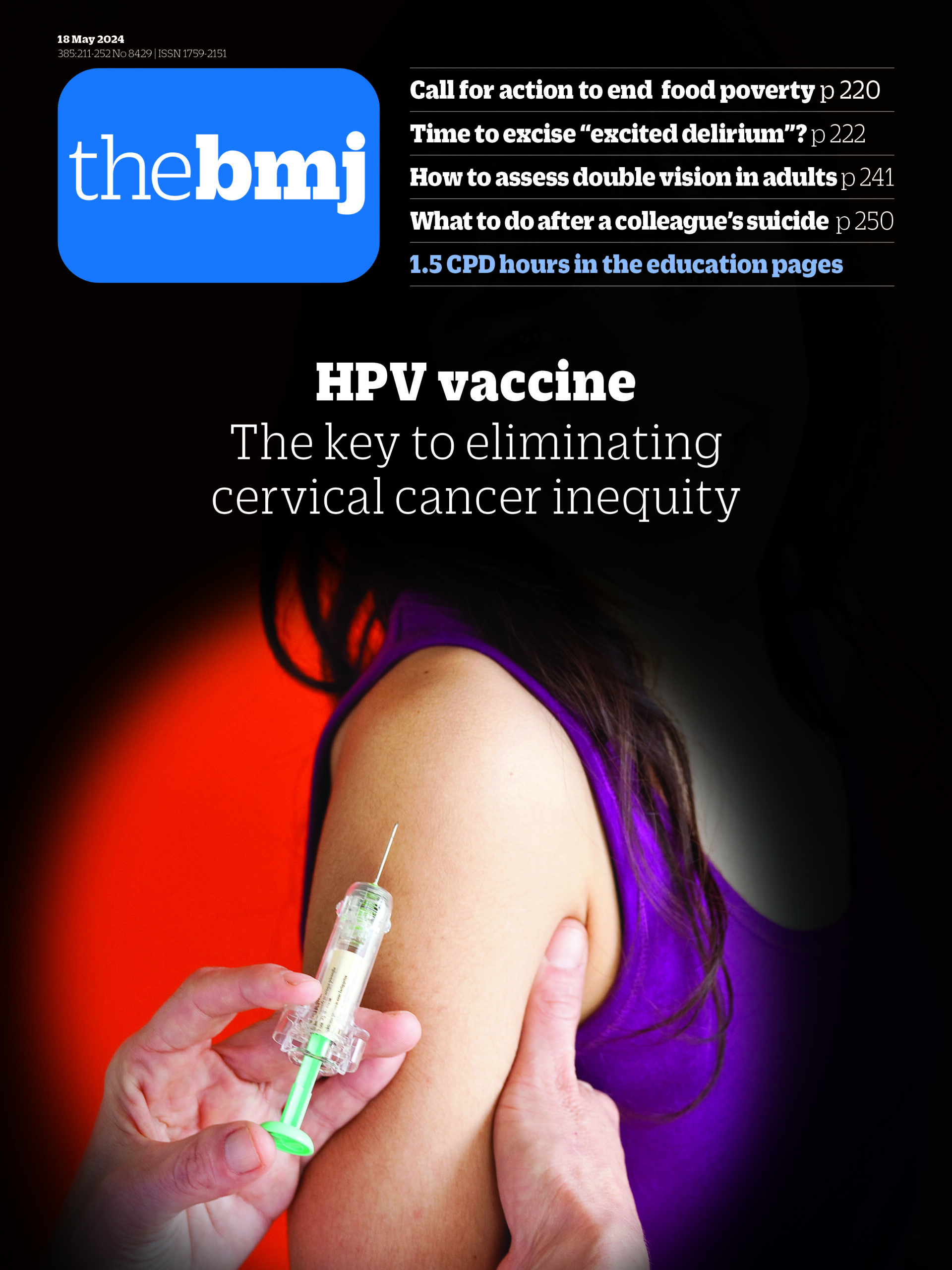In the spring of 2020, as Covid-19 took hold around the world, Centers of Disease Control and Prevention director Mandy Cohen was the head of North Carolina’s Department of Health and Human Services. Among the challenges she and her team had to face was the antiquated state of data pervasive in public health and medicine. “One of our first things that we had to do was stop receiving lab data by fax machine,” Cohen shared at the Milken Institute 2024 Global Conference, where she spoke on Monday with the institute’s chairman Michael Milken.
“Yup. Embarrassing,” she continued, as the audience murmured in surprise. Early in the pandemic, Cohen acknowledged the lack of comprehensive data in her state as a major barrier to the response, as well as the lack of data interoperability. On stage at Milken, she pointed to that experience as she discussed her intention to improve the CDC’s data capabilities as director, a position she has held since July 2023.
“There’s been a lot of investment, but we have to keep going. So we’re really focused this year on getting more electronic case reporting,” said Cohen. “This allows for faster identification of those health threats. And we can do it. The technology exists. We just need to use it.”
That perspective is especially relevant as Cohen leads the CDC in the face of another potential public health threat, a widespread domestic outbreak of bird flu in cows. “I spent a lot of my time these past few weeks on avian flu,” said Cohen. “We need core capacity to respond to those health threats.”
But Cohen and Milken didn’t discuss the CDC’s role in monitoring the ongoing spread of H5N1 flu virus among dairy cattle — and dairy farm workers — in the U.S., which the CDC’s flu division director has said is currently a low risk to the general public. Milken didn’t ask any follow-up questions about the handling of the outbreak, including the slow release of domestic data about the virus’ spread and sequencing.
More broadly, though, Cohen called for Congress to give the CDC more resources and authority to build up data handling capacity. “Data is absolutely critical if we’re going to protect the health of this country,” she said, pointing specifically to the need for better data sharing capabilities. International surveillance is key, too. “Back to avian flu, right? We are looking for genetic changes in viruses all over the world,” she said. “We want to be able to identify it and stop it at its source.”
Beyond data about outbreaks, the agency is looking into ways to monitor social media conversations to more quickly identify crises as they emerge at a community level, before surveillance can detect it.
But Cohen also called on the private sector — whose leaders filled the audience at the Milken Institute’s gathering in Los Angeles — to play a role in public health. “Businesses, of course, want to have a healthy workforce that’s productive, and so thinking about the health and well-being of them, particularly if you are a large employer and you’re self-insured, it’s dollars and cents,” she said. “Having a healthier workforce means more money that you get to use on other parts of your business.”
For this, she said, companies need to promote vaccination — she noted shots against the flu, Covid-19, and RSV for children — and ensure workers’ mental health. And more broadly, Cohen called for businesses to advocate for the importance of public health preparedness. “We can see how in a moment a virus can bring us to our knees,” she said. “And so, just like we need to invest in the military to protect us, we have to invest in public health to protect us as well.”










